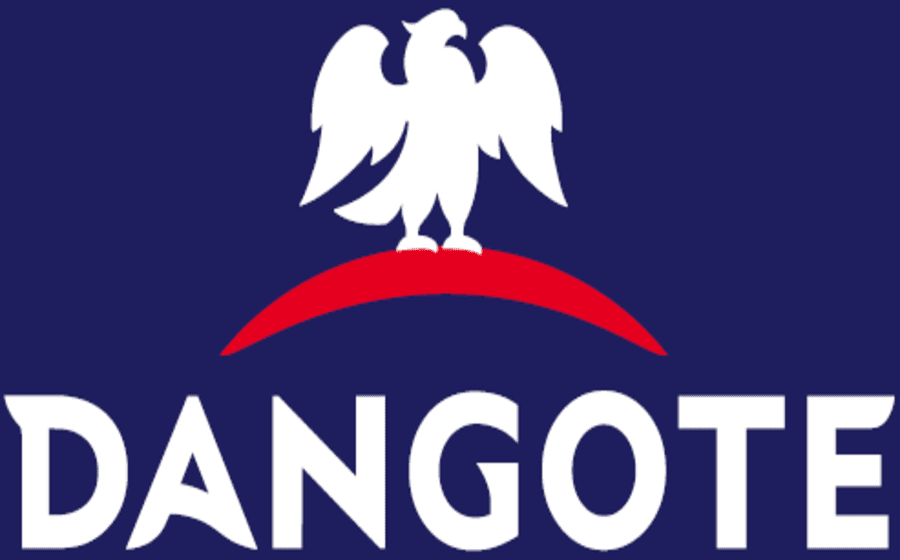Strong indications have emerged revealing that contrary to the target of the Monetary Policy Committee (MPC), who voted to cut MPR from 14 to 13.5 per cent is to improve banks’ capabilities to give credit to Small and Medium Enterprises (SMEs), the plan of the Federal Government to borrow about N1.6tn for 2019 budget may steal the show from businesses.
Financial pundits have described the decision as movement without motion, saying though the move was done to grow banks’ appetite to step up credits access to the private sector, the overcrowding of the credit regime by government will not allow banks to remember even the SMEs who are in desperate need of facilities.
Business Hilights recalls that the Director-General, Debt Management Office (DMO), Ms Patience Oniha, has said the Federal Government plans to borrow N1.6tn to fund the 2019 budget, noting that government had been reducing its level of new borrowings, as it dropped from N2.2tn in 2017 to N1.6tn in 2018.
Speaking in Lagos last week at the Association of Issuing Houses of Nigeria’s semi-annual business lunch, saying whereas about N1.6tn has been set for borrowing in 2019, the government adopted a 50:50 approach to spread its borrowing between international and local borrowings.
Though Oniha was quick to argue that the belief that the government was crowding out the private sector from the debt market was untrue, financial analysts disagreed with her, insisting that for the Federal Government to think borrowing up to N800bn from local banks, there is no guarantee that vault capacities of banks will be strong enough to give out loans to the Organised Private Sector (OPS) or startups.
Besides, Nigerian banks have strong appetite for giving credits to governments due to better security than the SMEs and OPS who may default and build up nonperforming loan profiles of banks.
However, defending her stand, Oniha argued that “There are issues around getting sub-nationals and corporates to come to the market”.
“Corporates prefer to borrow from banks because it is faster and has lower risk than the debt market. In order for us to get these people to come to the market, we have to go back to the drawing board and plan how to tackle these issues.”
In their responses, leading capital market experts at the event, said the structural issues in the economy were hindering the participation of sub-nationals and corporate in the debt market.
Explaining more during the panel session on the capital market agenda for the next four years, the Chief Executive Officer, FMDQ OTC Securities Exchange, Mr Bola Onadele, said the crowding out occurred as a result of the state governments’ refusal to come to the market.
In her remarks, the Executive Secretary, Nigerian Investment Promotion Commission, Ms Yewande Sadiku, said it was time for the capital market to start dictating what ought to be done and when, to the Federal Government.
According to her, “We cannot attract capital and investment if we do not address key structural issues. Infrastructure is necessary and should be addressed. There are also material sectors that the government needs to hand over to the private sector”.









